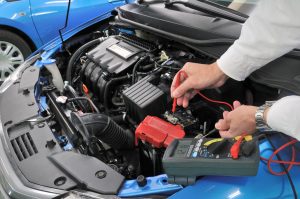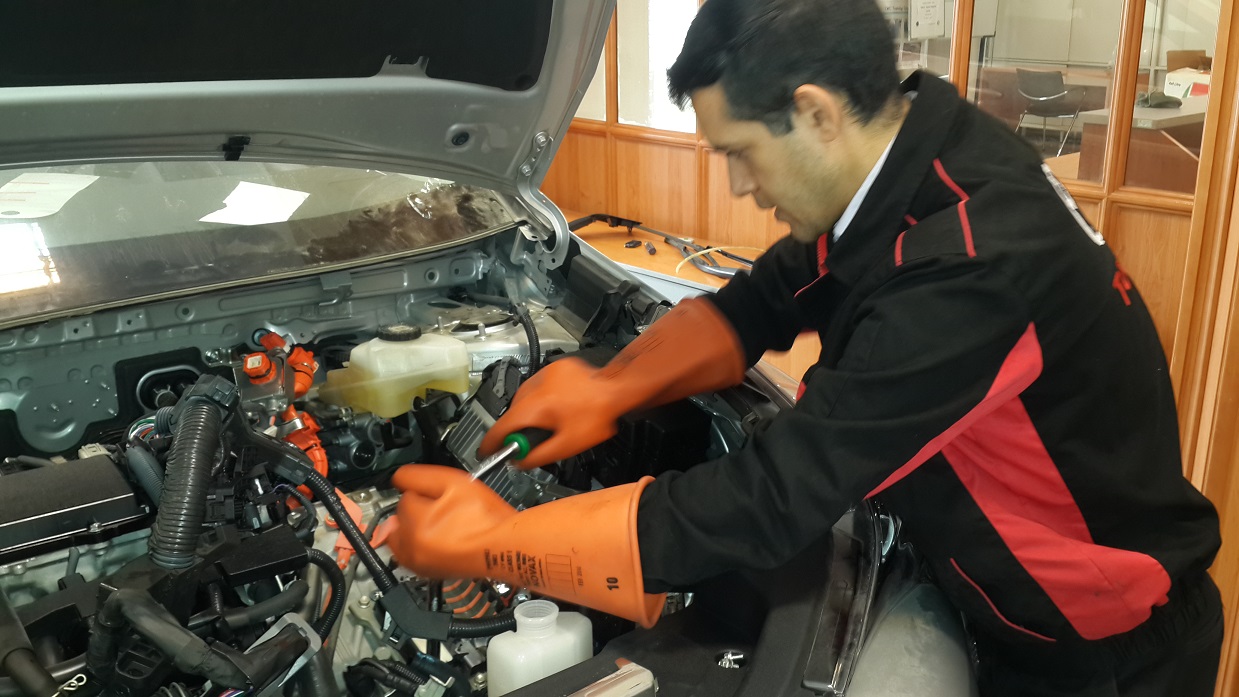Electric and Hybrid Vehicle Maintenance: A Technician’s Guide
As the automotive industry shifts towards sustainable solutions, electric and hybrid vehicles have become increasingly prevalent on the roads. With this evolution comes the need for specialized maintenance techniques to ensure these vehicles operate efficiently and safely. In this comprehensive guide, we’ll explore the essential aspects of maintaining electric and hybrid vehicles, equipping technicians with the knowledge required to keep these eco-friendly vehicles running smoothly. Electric and Hybrid Vehicle Maintenance: A Technician’s Guide
The Importance of Regular Maintenance
Electric and hybrid vehicles may have fewer moving parts than traditional internal combustion engine vehicles, but they still require regular maintenance to uphold optimal performance and longevity. Routine maintenance tasks for these vehicles are vital for:
- Ensuring battery efficiency and longevity
- Monitoring and maintaining electric motor performance
- Preserving the integrity of regenerative braking systems
- Checking and maintaining high-voltage components for safety
Key Maintenance Procedures
Battery Health Checks
The battery is the heart of an electric or hybrid vehicle, and its health is paramount for vehicle performance. Regular battery health checks involve:
- Assessing state of charge and capacity
- Checking for cell imbalance
- Monitoring temperature control systems
- Testing charging and discharging efficiency
Electric Motor Maintenance
The electric motor is another critical component in electric and hybrid vehicles. Routine maintenance tasks for electric motors include:
- Inspecting for signs of wear or damage
- Checking motor bearings and lubrication
- Testing motor efficiency and performance
Regenerative Braking System Inspection
Regenerative braking systems are unique to electric and hybrid vehicles and require periodic inspection to ensure optimal performance. Maintenance tasks for regenerative braking systems involve:
- Checking brake pads and rotors
- Inspecting brake fluid levels and condition
- Testing regenerative braking function
Specialized Training and Equipment
Due to the high-voltage nature of electric and hybrid vehicles, technicians must undergo specialized training to safely perform maintenance and repairs. Additionally, workshops must be equipped with:
- Insulated tools
- Personal protective equipment (PPE)
- Diagnostic equipment compatible with electric and hybrid systems
Conclusion
Maintaining electric and hybrid vehicles requires a unique skill set and specialized knowledge. By adhering to regular maintenance schedules and staying informed about the latest developments in electric vehicle technology, technicians can ensure these eco-friendly vehicles continue to provide reliable and efficient transportation for years to come. For gates head auto electricians click this.



